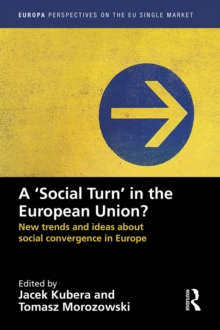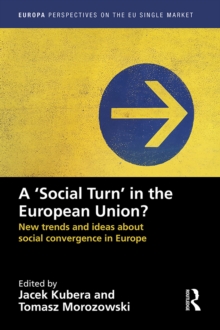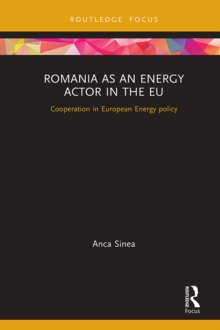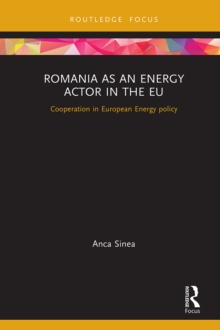
The Political Economy of the Eurozone in Central and Eastern Europe : Why In, Why Out? PDF
Edited by Krisztina Arato, Boglarka Koller, Anita Pelle
Part of the Europa Perspectives on the EU Single Market series
Description
The idea for this volume came from the enigma that some Central and Eastern European (CEE) European Union (EU) member states have been keen to join the Eurozone while others have shown persistent reluctance.
Moreover, the attitudes towards joining have seemingly not correlated with either the level of economic development or the time spent as part of the EU, nor with any other rational reason such as the level of integration into the EU real economy, or the level of trust in the EU on the part of the public.
Therefore, at first sight, the answer to the question ‘why in, why out?’ remains rather unclear. The attractiveness of the currency union has nevertheless not disappeared for the CEE countries.
Despite the Eurozone crisis of 2010–13, it was during that time that the Baltic states introduced the euro.
Then, after a few years of inactivity, Croatia and Bulgaria successfully applied for membership of the exchange rate mechanism in July 2020, amid the economic crisis caused by the coronavirus (COVID-19) pandemic.
At the same time, the three Visegrad countries still using their national currencies – Poland, Czechia and Hungary – no longer have a target date to join the monetary union.
This volume aims to discuss these issues from horizontal aspects and through country studies, with contributions from expert authors from, or closely related to, the CEE region.
Information
-
Download - Immediately Available
- Format:PDF
- Pages:308 pages, 17 Tables, black and white; 48 Halftones, black and white; 48 Illustrations, black and wh
- Publisher:Taylor & Francis Ltd
- Publication Date:30/06/2021
- Category:
- ISBN:9780429523533
Information
-
Download - Immediately Available
- Format:PDF
- Pages:308 pages, 17 Tables, black and white; 48 Halftones, black and white; 48 Illustrations, black and wh
- Publisher:Taylor & Francis Ltd
- Publication Date:30/06/2021
- Category:
- ISBN:9780429523533










